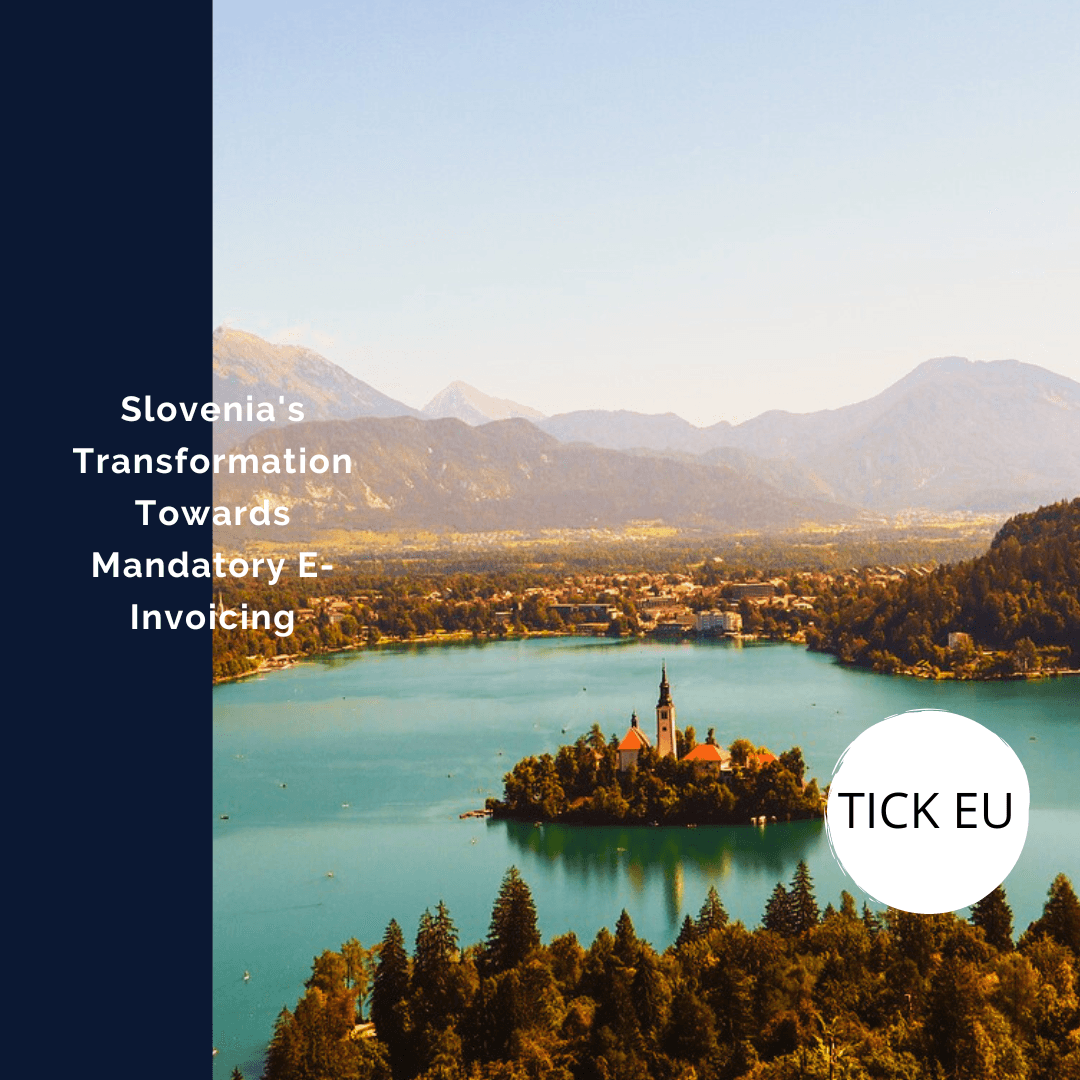Slovenia has introduced a draft bill concerning the exchange of electronic invoices and other electronic documents. The proposed regulations aim to implement mandatory Continuous Transaction Controls (CTC) for e-invoicing in the business-to-business (B2B) sector. The proposal currently excludes transactions between businesses and consumers (B2C), allowing consumers to choose between electronic and paper invoices.
According to the draft, all e-invoices must be reported to the Slovenian tax authority (FURS) using the e-SLOG standard within 8 days of issuance or receipt. The e-SLOG standard is a unified format developed by the Chamber of Commerce of Slovenia.
Additionally, cross-border B2B transactions will be subject to the CTC regime. Slovenian businesses issuing or receiving invoices from foreign entities will be required to report these invoices to FURS in e-SLOG format within the same 8-day period.
The draft specifies that e-invoices may be exchanged in several formats:
- The e-SLOG standard.
- A format is compliant with the European standard for e-invoices as listed in the European Commission decision based on Directive 2014/55/EU.
- Other internationally recognized standards, provided there is an agreement between the issuer and the recipient unless otherwise specified by law.
The draft bill is available for public review and feedback.
The requirement to report e-invoices to tax authorities is set to come into effect on June 1, 2026.


